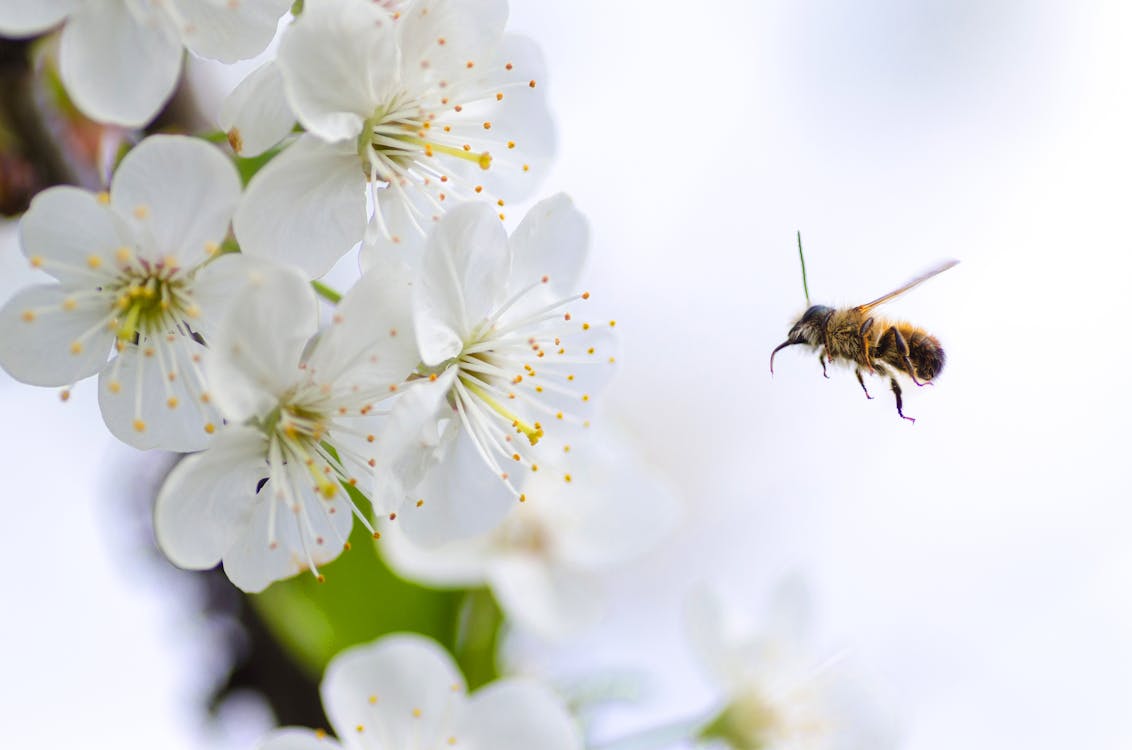Great Tips for Getting Through Allergy Season
We all look forward to the arrival of spring when the weather warms up and flowers start to bloom. However, millions of Americans see their allergies flare during this time as plant pollens cause their immune systems to act up.
The human body releases histamines to fight back against these pollens, which causes people to sneeze more often, develop runny noses and scratchy eyes. Weather can also play a role as warm places can ignite allergy symptoms sooner rather than later. Places with a more intense winter season can actually trigger allergies year-round due to more water availability for plants to thrive in.
So what can be done to combat allergies and get through the spring season with fewer symptoms? We wanted to highlight some great ways to do exactly that, keep reading to learn more!
Reducing Allergens at Home

One of the best ways to reduce symptoms of seasonal allergies is to cut down on how often we bring outdoor allergens into our homes. For example, when you come home from an outing, it’s a good idea to take off your shoes and change outfits. This will prevent the pollen you brought in from spreading around your house.
Improving indoor air quality is also a great idea. Check that your air filters are replaced often and use air purifiers and air conditioning whenever possible. This can help cut down the amount of pollen circulating in your home. Keeping windows closed is helpful for those allergic to pollen while keeping them open can help those allergic to indoor mold and dust.
Improve Your Sleep Quality

It can be hard to get a good night’s sleep when allergies are acting up. Thankfully, there are ways to improve allergy symptoms when going to bed. A clean bedroom and sleep space are essential to reducing allergens. For example, washing your bedding once a week can also make a big difference in reducing dust mites, which are one of the biggest causes of indoor allergies.
If you suffer from seasonal allergies, you may want to get hardwood floors in your bedroom instead of carpet, which can attract allergens. For window coverings, avoid fabric materials and opt for blinds instead.
Taking a shower before bedtime and changing into pajamas can also help reduce allergic reactions. If you have any pets that go outdoors, don’t let them sleep on your bed at night as they may have some pollen on their coats. You may even want to wipe down their paws and fur when they come back inside.
Protecting Yourself When Outdoors

When someone has a bad case of seasonal allergies, heading outside can become a stressful situation. Fortunately, protective sunglasses and filtered masks can help ease symptoms during allergy season.
It’s a good idea to wear a filtered mask, such as an N95 mask, when doing activities such as gardening or yard work. These masks can cut back how exposed people are to pollen particles. Taking a quick shower after these activities is also a good way to cut down pollen levels at home.
Pollen levels are particularly high in the morning and nighttime. They also tend to rise when it’s dry or windy outside as pollen spreads more easily in the air. Try avoiding outdoor activities during times like this to prevent allergic reactions. On the other hand, rainy days are a great time to head outside as damp weather helps keep pollen on the ground instead of in the air.
Finding Relief through Allergy Medicine
For people with seasonal allergies, over-the-counter medicine can be really helpful in reducing their symptoms. Antihistamines are great at reducing sneezing and itchy eyes and decongestants can help clear out a stuffy nose.
If you are dealing with more severe allergic reactions, it may be a good idea to visit your primary care provider for advice. Allergists can also help identify exactly what you are allergic to along with ways to treat symptoms.
Conclusion

In conclusion, allergy season can be a difficult time for people with strong symptoms such as sneezing, runny noses, or itchy eyes. Fortunately, there are ways to mitigate these reactions and get through this time of the year with greater ease. Although we may not be able to completely eliminate allergy symptoms, there are definitely some great ways to take control and find much-needed relief.

AUTHOR
Maneeza Hasan Maneeza is a content marketing professional from Los Angeles, California. She loves to create content that helps people live better lives. To learn more about her please visit her website at www.maneeza.com

